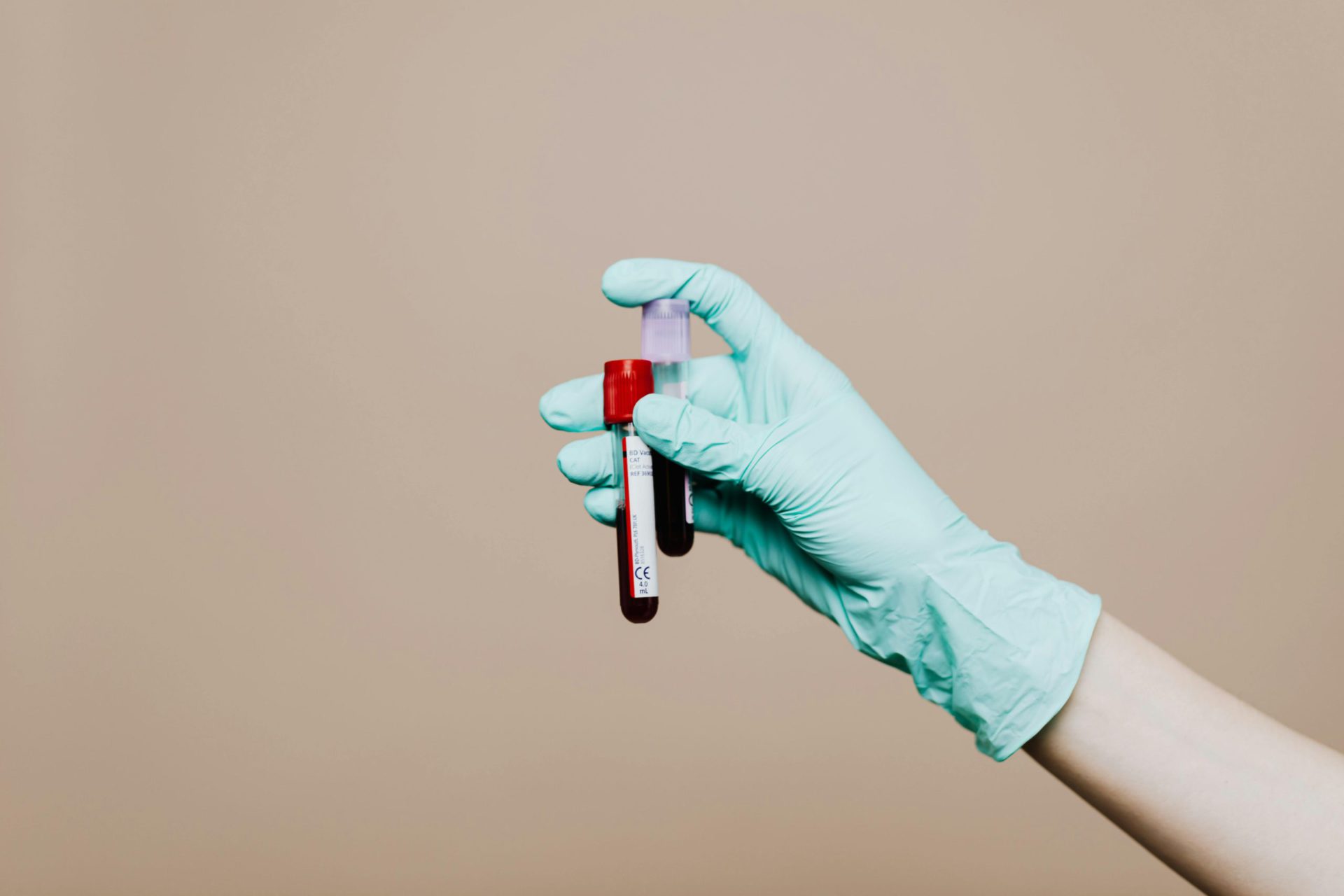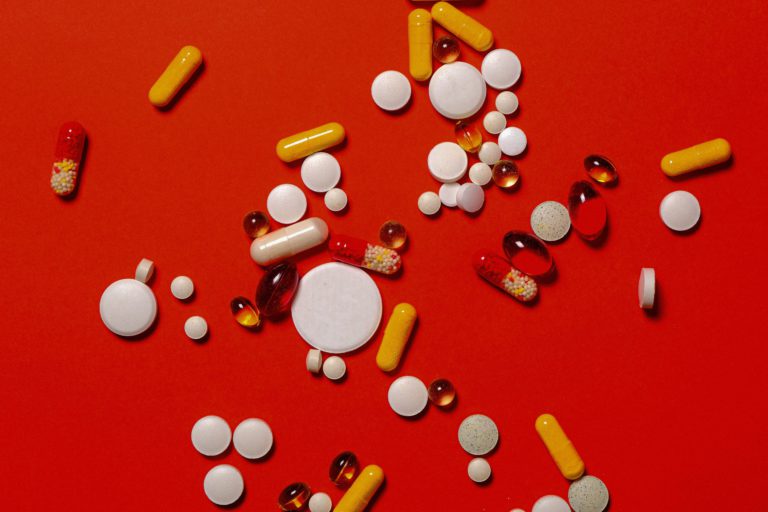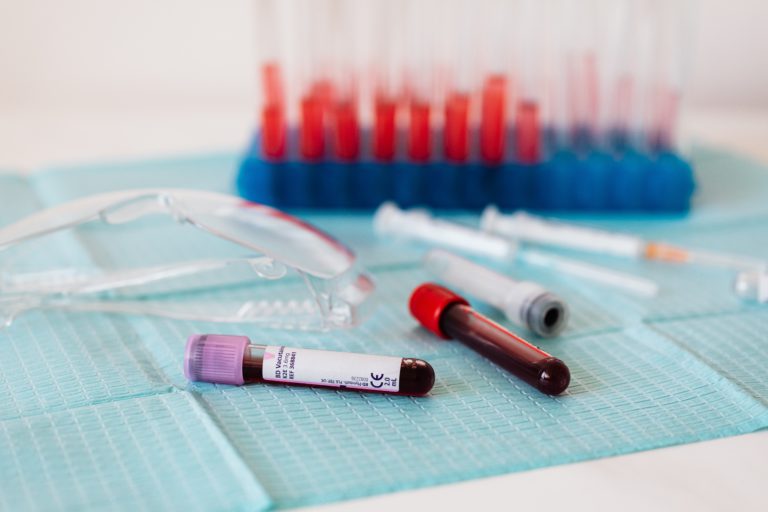
The Blood Urea Nitrogen (BUN) blood test is one of the most insightful diagnostic tools for evaluating overall health, particularly kidney function. By measuring the amount of nitrogen in your blood that comes from urea, this test provides valuable clues about your body’s ability to filter waste efficiently.
In today’s health-conscious world, understanding what goes on inside your body is critical. The BUN test stands out because it not only assesses kidney health but also sheds light on other underlying conditions, like dehydration or liver issues. Curious to know how this test works and why it’s essential? Let’s dive in.
What is a Blood Urea Nitrogen Test?
Blood Urea Nitrogen, a measurement of the nitrogen component in urea present in your bloodstream. Urea is a waste product formed during protein metabolism. When you eat protein, your body breaks it down into amino acids, and as part of this process, urea is produced in the liver.
The kidneys then filter urea out of your bloodstream, eliminating it through urine. If the kidneys are unable to perform their filtering job efficiently, urea levels rise in the blood. Thus, the BUN level is an indirect marker of kidney function.
What is the Role of Urea in the Body?
Urea serves as a critical byproduct in the body’s waste management system. Here’s how it works:
- Production: After proteins are digested, ammonia is released as a byproduct. The liver converts this toxic ammonia into urea.
- Filtration: Urea is carried by the bloodstream to the kidneys, where it is filtered out and excreted.
- Balance: Normal urea levels indicate that your kidneys and liver are functioning optimally, maintaining balance in the body.
If either the liver or kidneys are compromised, the system can falter, leading to abnormal BUN levels.
Why a Blood Urea Nitrogen Test is Done?
A blood ureanitrogen test is commonly ordered for a variety of reasons. Its primary function is to assess kidney health, but it has other important applications:
Kidney Function Assessment:
The BUN test helps determine if your kidneys are properly filtering waste. Abnormal results could point to conditions like chronic kidney disease or acute kidney injury.
Monitoring Chronic Conditions:
People with diabetes, hypertension, or liver disease often undergo BUN tests as part of routine monitoring.
Evaluating Hydration Levels:
Dehydration can cause elevated BUN levels. In contrast, overhydration can sometimes lead to lower-than-normal levels.
Pre-Surgical Assessments:
Before surgery, doctors may order a BUN test to ensure your kidneys can handle anesthesia and medications.
What is a normal blood urea nitrogen level?
A normal blood urea nitrogen level varies according to your age and sex.
| Age and Sex | Normal BUN Level (mg/dL) |
|---|---|
| Children between 1 and 17 years. | Between 7 and 20 mg/dL. |
| Adult women and people assigned female at birth. | Between 6 and 21 mg/dL. |
| Adult men and people assigned male at birth. | Between 8 and 24 mg/dL. |
What level of urea indicates kidney failure?
Healthcare providers don’t use BUN to define kidney failure. However, if your BUN numbers are higher than your baseline, and if your creatinine (a waste product from muscle tissue breakdown) is also high, then kidney failure is likely.
What does high blood urea nitrogen mean?
High BUN levels may suggest that your kidneys aren’t working as they should. However, even if your kidneys are working properly, you may have elevated BUN levels from the following:
- High-protein diet.
- Dehydration.
- Aging (infants and children have lower BUN levels).
- Certain medications, including carbamazepine, methotrexate and tetracycline.
- Burns.
- Blockage in your urinary system that prevents you from peeing.
- Stress.
- Heart attack.
- Gastrointestinal (GI) bleeding.
What does low blood urea nitrogen mean?
Low BUN levels aren’t common. However, you may have low BUN levels from the following:
- Low-protein diet.
- Small body type.
- Overhydration (too much water in your body).
- Liver disease.
High blood urea nitrogen Levels: Causes and Symptoms
When BUN levels rise above the normal range, it’s referred to as azotemia. High BUN levels can result from various conditions, including:
Common Causes of Elevated BUN Levels
Kidney Problems: Chronic kidney disease or acute kidney injury often impairs the kidneys’ ability to filter waste.
Dehydration: When the body lacks adequate fluids, the kidneys concentrate urea, leading to higher BUN levels.
Heart Conditions: Heart failure can reduce blood flow to the kidneys, affecting their function.
High Protein Diet: Consuming excessive amounts of protein can increase urea production.
Symptoms of High BUN Levels
- Fatigue or weakness.
- Swelling in the legs, feet, or hands due to fluid retention.
- Confusion or difficulty concentrating.
- Decreased urine output or dark urine.
If left untreated, elevated BUN levels can lead to more severe complications, such as uremia, where waste products build up in the bloodstream, potentially causing life-threatening conditions.
Low BUN Levels: Causes and Symptoms
While less common, low BUN levels can also indicate potential health issues.
Common Causes of Low BUN Levels
Liver Problems: Since urea is produced in the liver, liver diseases like hepatitis or cirrhosis can lower BUN levels.
Low Protein Intake: A diet deficient in protein may result in reduced urea production.
Overhydration: Excessive fluid intake dilutes urea in the blood.
Symptoms of Low BUN Levels
- Unexplained weight loss.
- Muscle wasting or weakness.
- Fatigue and lack of energy.
Low BUN levels may not always signal a severe problem, but they warrant further investigation to identify underlying causes.
What happens during a BUN test?
A health care professional will take a blood sample from a vein in your arm, using a small needle. After the needle is inserted, a small amount of blood will be collected into a test tube or vial. You may feel a little sting when the needle goes in or out. This usually takes less than five minutes.
Will I need to do anything to prepare for the test?
Usually, no special preparation is necessary for a BUN test. But if your provider has ordered other tests on your blood sample, you may need to fast (not eat or drink) for several hours before the test. Your provider will let you know if there are any special instructions.
Are there any risks to the test?
There is very little risk to having a blood test. You may experience slight pain or bruising at the spot where the needle was put in, but most symptoms go away quickly.
What do the results mean?
Normal BUN levels can vary, but generally, a high blood urea nitrogen level is a sign that your kidneys are not working well. But abnormal results don’t always mean that you have a medical condition that needs treatment. BUN levels can vary according to your sex. They also usually increase with age.
A few other reasons your BUN level might be higher than normal include:
- Dehydration (too little fluid in your body)
- Burns
- Certain medicines
- A high-protein diet
- A recent heart attack
A few other reasons your BUN levels might be lower than normal include:
- A lack of protein in your diet
- Malnutrition
- Liver disease
To learn what your results mean, talk to your provider.
Learn more about laboratory tests, reference ranges, and understanding results.
How do you fix high BUN levels?
Healthcare providers don’t “fix” high BUN levels. They find out why someone’s kidney function isn’t normal and address the problem. However, the easiest way to reduce high BUN levels is to make changes to your diet.
If you don’t have kidney disease and aren’t on kidney dialysis, you should make sure to drink more fluids — an isolated rise in BUN while your serum creatinine is relatively low could indicate dehydration. Men and people assigned male at birth should drink approximately 13 cups (3 liters) of fluids each day. Women and people assigned female at birth should drink approximately 9 cups (2.2 liters) of fluids each day.
A low-protein diet can also help reduce high BUN levels. Healthy low-protein foods include:
- Grains: Oats, rice and pasta.
- Fruits: Apples, berries and bananas.
- Vegetables: Leafy greens, peppers and broccoli.
- Healthy fats: Avocados, nuts and coconut oil.
What foods should I avoid if my blood urea nitrogen levels are high?
If your BUN levels are high, it’s a good idea to avoid or limit high-protein foods. Examples of high-protein foods include:
- Meats: Beef, chicken, pork and salmon.
- Dairy: Milk, cheese and yogurt.
Most people should consume between 40 and 60 grams (g) of protein each day. However, you may need to reduce your protein consumption by as much as half if you have high BUN levels.
What medications are used to treat abnormal blood urea nitrogen levels?
Healthcare providers don’t typically prescribe medications to treat abnormal BUN levels.
When should I see a healthcare provider?
Contact your healthcare provider if you haven’t heard from them with your BUN test results after several days.
What questions should I ask a healthcare provider?
- What do my test results mean?
- Do you recommend any other tests?
- How do I lower my BUN levels?
- Is a health condition causing my abnormal BUN levels?
Is there anything else I need to know about a BUN test?
A BUN test is only one type of measurement of kidney function. If your provider thinks you may have kidney disease, you may need other tests. These may include tests to measure your:
- Creatinine, which is another waste product that your kidneys remove from your body
- GFR (Glomerular Filtration Rate), which gives an estimate of how well your kidneys are filtering blood
Conclusion
The Blood Urea Nitrogen test is a critical diagnostic tool, offering insights into your kidney health and overall well-being. By monitoring BUN levels, doctors can detect and address issues like dehydration, kidney dysfunction, or liver problems early. Whether you’re undergoing routine health checks or managing a chronic condition, understanding your BUN results empowers you to make informed decisions about your health.
Say Goodbye To Waiting Rooms And Long Lines. Speedy Sticks offers at-home testing.








